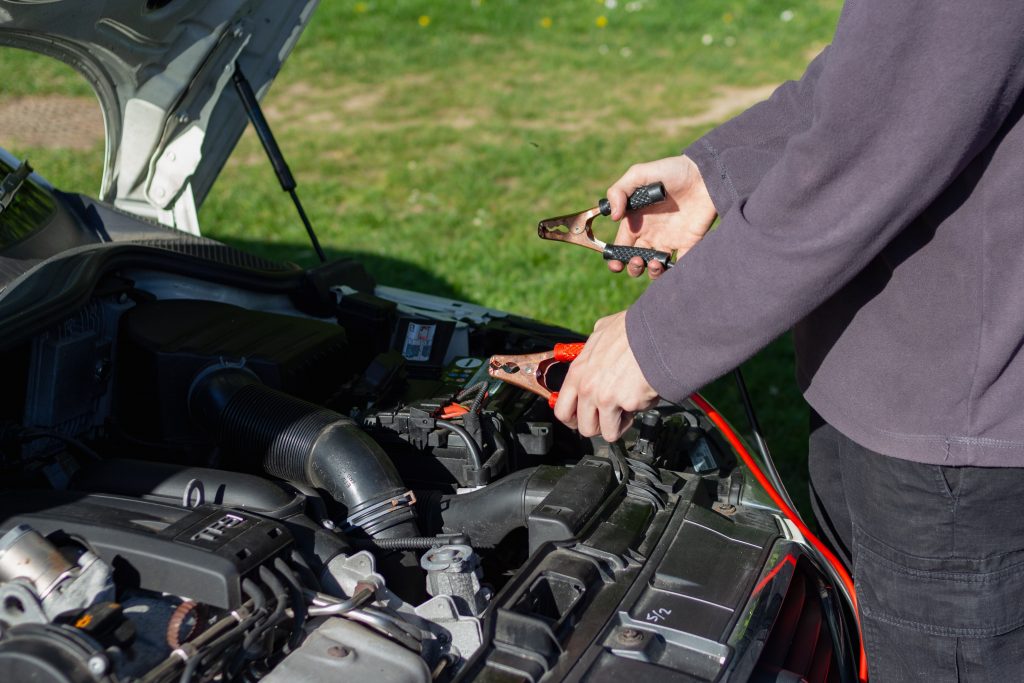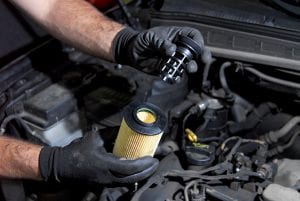All car batteries have a limited life span. However, this life span can be significantly shortened by factors which cause premature battery failure. Given the role that batteries play and the huge impact it has on the car’s performance, a thorough understanding of these parts will enable drivers, engineers and technicians to prevent the occurrence of battery failure or malfunctions. The factors mentioned below are some of the most common causes of battery failure and include both manufacturing defects and driving techniques.
How does a car battery work?
A car battery is a rechargeable battery that stores electrical energy in a chemical form and converts it into a usable form of electrical power to operate the car’s starter motor, lights, and other electrical components. When the battery is connected to the car’s electrical system and the charging process begins, the lead and lead oxide plates become positively and negatively charged. When the battery is supplying power to the car, the lead plates release electrons through the circuit to power the car’s electrical components. The lead oxide plates then carry the electrons back into the battery, completing the circuit and the chemical reaction that allows the battery to recharge.

Causes of car battery failure
The age of the battery
Just like most things, car batteries will get to a point where they stop functioning correctly or at all due to age. As time progresses, the internal resistance of the battery increases, and ultimately it leads to battery failures. This aspect could also include the issue of wear and tear from long-distance driving. Eventually, your battery is going to pick up some form of defect over time and could simply be worn.
Corrosion
Battery acid is corrosive and the battery terminals are the way the battery can get charged by the alternator. So, if the connections are overwhelmed, the battery is not getting properly charged. Drivers or engineers need to clean the corrosion to improve the car’s ability to charge the battery and get it working to its full potential and not affecting driving. Corrosion will not only affect the battery but you may also see effects in regard to the driving experience and conditions.
Cold Weather
A drop in temperature is one of the most common causes of battery failure. When the winter time hits or you’re expecting a cold snap, look out for signs of a weak battery and make the necessary preparations. Many drivers notice their cars might take longer to start on a winter’s morning. It is recommended to have your car battery checked by a mechanic or auto-electrician before the winter season. If the battery is weak or near the end of its life, it’s better to replace it before the winter starts or driving in snowy conditions.
Electrical leakages
All batteries tend to lose electrical energy when not in regular use, known as self-discharge. This could be due to several factors including manufacturing practices, ageing, operating temperature, charge/discharge cycle etc. This can occur when there is a problem with the battery’s internal structure, such as a short circuit or damaged cell, or when there is a problem with the car’s electrical system, such as a malfunctioning alternator or a problem with the wiring.
Inadequate care
Our batteries require proper maintenance and care, even when they are not in use. Improper care is a fundamental cause of battery failures. Making sure to read the manufacturer’s instructions about how to store and maintain the battery, especially when not in use, can help to boost battery life and maintain quality. Inadequate care also includes the cleaning and maintenance of a vehicle. Other than staying on top of things such as MOTs and services, regularly getting your bonnet checked and having a professional look over your battery will ensure everything is working how it is supposed to.
Repeated Cycling
Repeated cycling refers to the process of repeatedly discharging and recharging a car battery. Deep discharges, where the battery is discharged to a very low level, and overcharging can damage the battery and reduce its ability to hold a charge over time. In addition to this, repeated cycling can also lead to the build-up of lead sulfate crystals on the battery plates. It is recommended to avoid deep discharge, and try to keep the car battery charge level between 40-80% to prolong the battery life.
Automotive Consumables by Filter Services
Wanting to upgrade your vehicle and get prepared for the winter months or just in need of a new car battery? When we began trading back in 1982, we wanted to become a one-stop-shop for our customers and to make it easy for you to get everything you need, as quickly as possible. Our Automotive Consumables division provides the high-quality products you’d expect from Filter Services, with the same fast delivery times to match.
Filter Services also sell a huge range of automotive filters for all kinds of vehicles. With some of the world’s leading brands, like Baldwin, Mann filters, Donaldson, Fleetguard, HiFi and more on offer, we’re sure we’ve got something to suit your needs.
